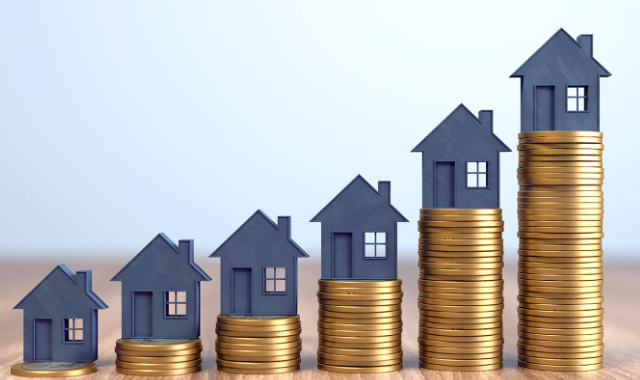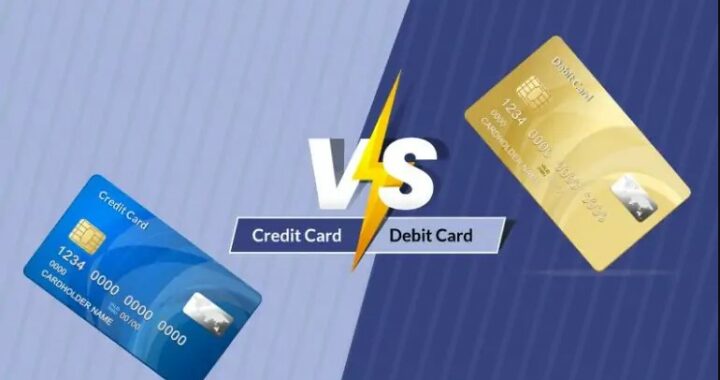Being open to flexibility can often be the secret ingredient to selling your house.
The idea of downsizing can feel daunting, like trying to fit your entire life into a tiny car. Yet, for those who’ve invested time and money into a large family home, the thought of moving into something smaller can seem overwhelming.
However, downsizing doesn’t erase the memories made in your old home – those family gatherings, the first steps of your children, or the grand holiday celebrations. As life evolves and your nest empties, the idea of downsizing can become more appealing. Many Americans embark on this journey, especially after retirement, seeking a simpler lifestyle, reduced housing costs, and freedom from maintenance tasks like painting and mowing.
According to Emmet Pierce’s article on downsizing for MoneyTalksNews, opting to rent can make selling your home and relocating a more straightforward decision. “Renters have the flexibility to live wherever they choose and experience life in different communities. And once your lease is up – sometimes even before – you’re free to move on.”
But whether you choose to sell and rent or buy something smaller, dealing with clutter becomes inevitable. An organization expert quoted by Pierce explains, “Retirees in large homes often find themselves using only a few rooms, while other areas collect clutter because maintaining such a vast space becomes overwhelming.” Downsizing offers liberation from unused items, providing more breathing space.
Moreover, downsizing can enhance your quality of life and reduce stress, according to aging experts. Letting go of unnecessary furniture, outdated gadgets, and unused exercise equipment can be liberating, giving you more room to relax.
Are you tired of navigating stairs daily, burdened by the constant ups and downs? Downsizing can address mobility issues, offering homes with better accessibility, enabling you to age in place comfortably.
If you miss the convenience of urban living after moving to the suburbs for a larger home, downsizing could be the answer. Transitioning to an apartment or condo in the city center brings you closer to amenities, entertainment, and even potential job opportunities, reducing the need for long commutes.
Source: MoneyTalkNews, TBWS




